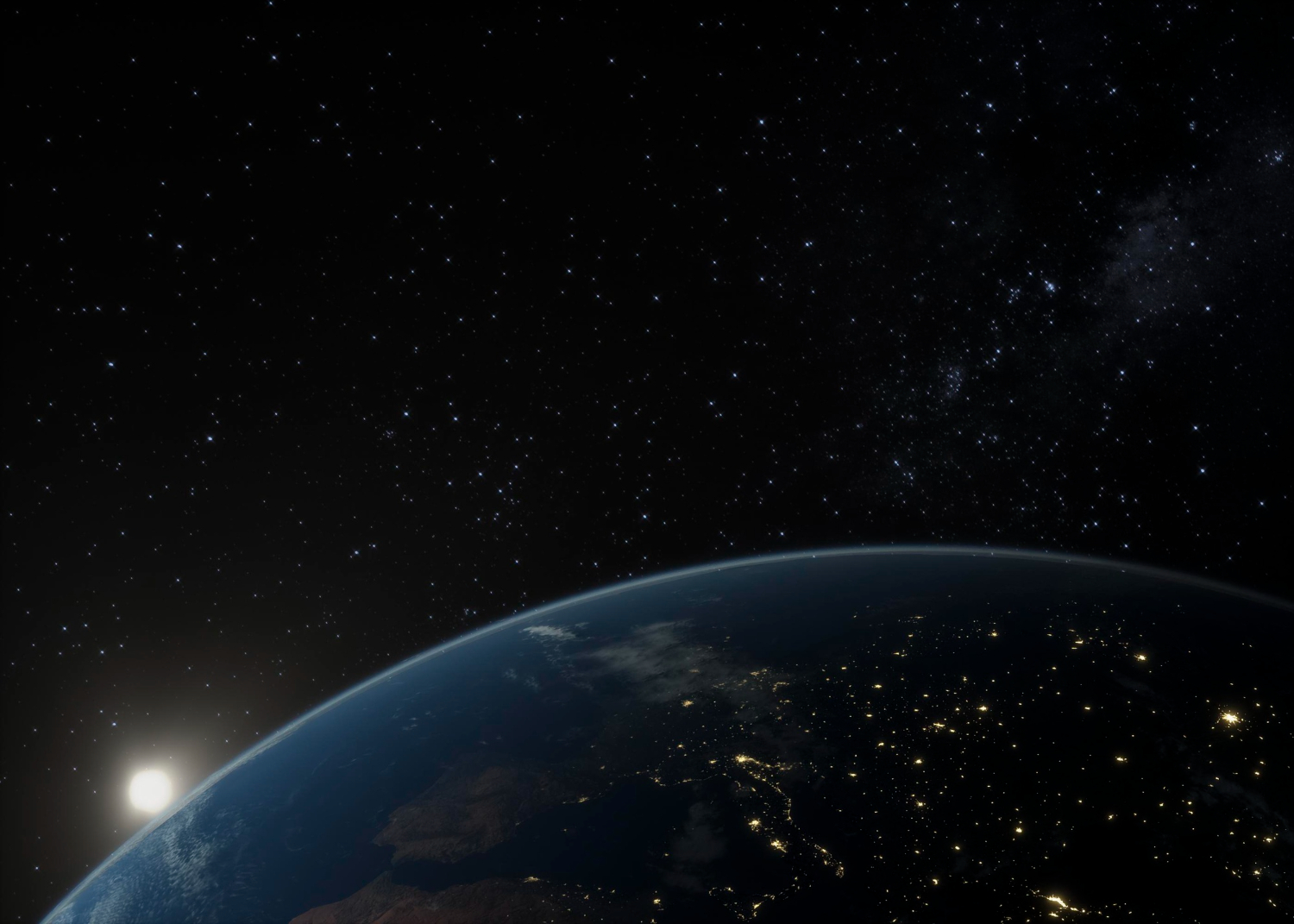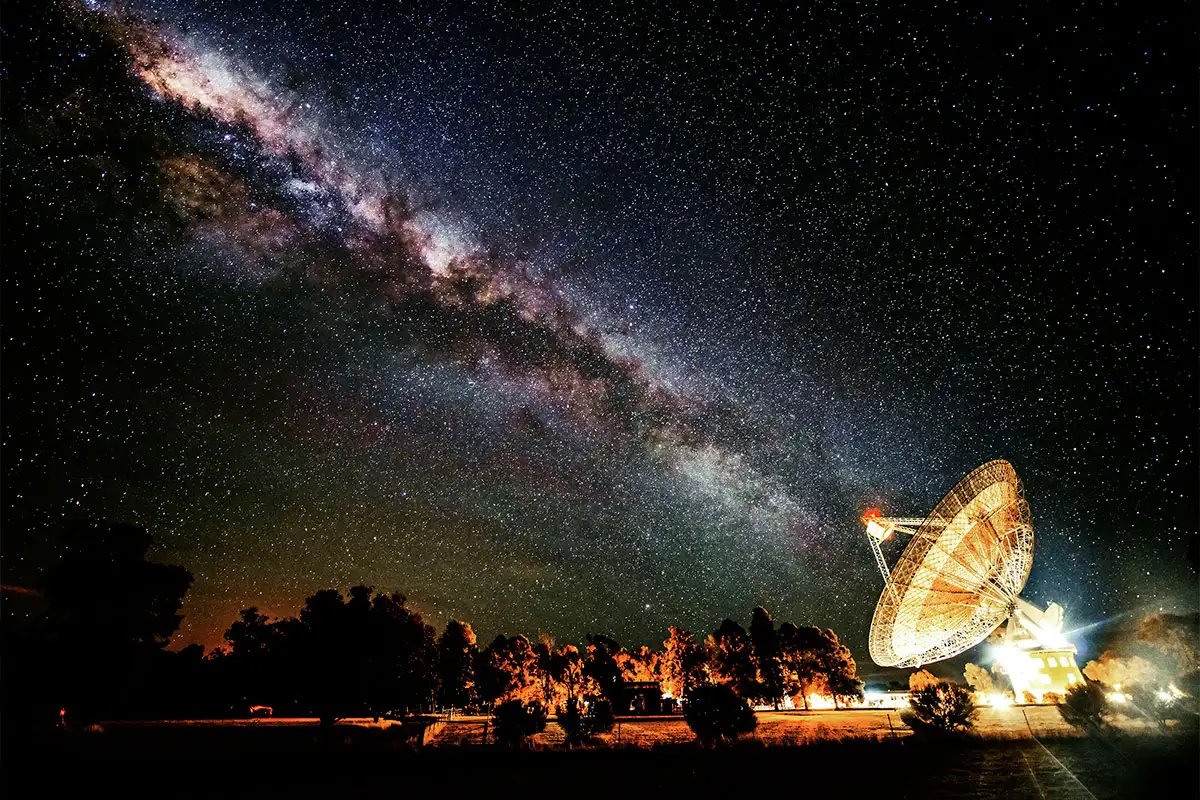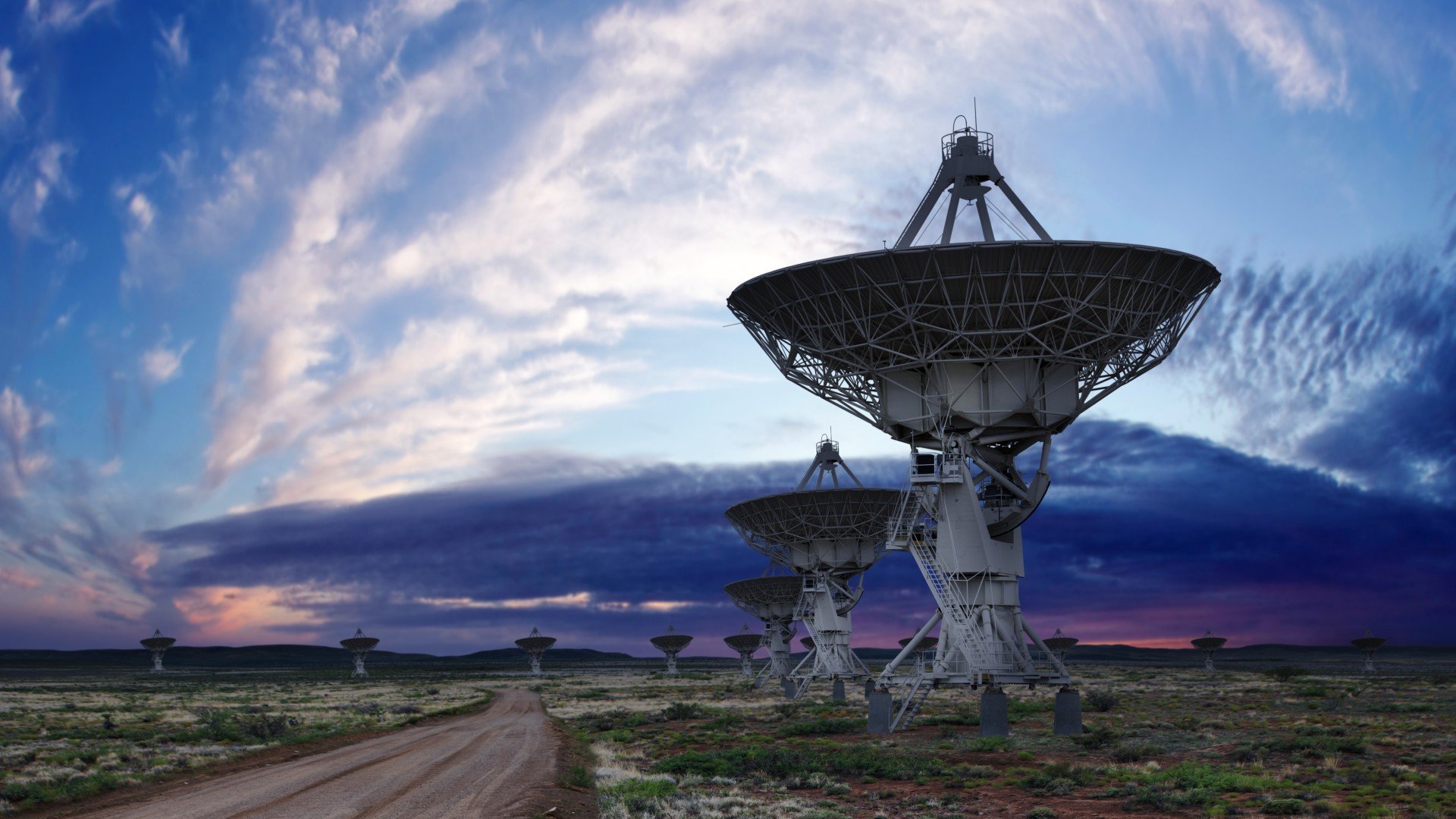The universe is vast, with billions of galaxies, each containing billions of stars and potentially even more planets. Given the sheer numbers, many scientists believe that extraterrestrial civilisations should exist. However, despite decades of searching, we have yet to find definitive proof of alien life. This apparent contradiction is known as the Fermi Paradox.
The paradox, first suggested by physicist Enrico Fermi in the 1950s, asks: If intelligent extraterrestrial civilisations exist, why haven’t we found any proof of them? Many theories about the Fermi Paradox try to solve this mystery. Some suggest that intelligent life is rare. Others think advanced civilisations might be avoiding contact with us on purpose. This article looks at key ideas, like the Great Filter Hypothesis, to explain why we haven’t found aliens yet.
The Scale of the Universe and the Probability of Alien Life

To understand the paradox, we need to consider the sheer scale of the cosmos. The Drake Equation, made by astronomer Frank Drake in 1961, guesses how many civilisations we could contact in our galaxy. The equation uses variables such as the star formation rate, the fraction of stars that have planets, and the likelihood of life becoming intelligent.
Astronomical observations show that planets are common. Many of these planets are in the habitable zone of their stars. This zone may have conditions that allow liquid water to exist. As we find more exoplanets, some scientists say intelligent life might be common. So why haven’t we found any?
Possible Explanations for the Fermi Paradox
1. Intelligent Life is Extremely Rare
One chance is that simple life, like microbes, is common. But the jump to smart, tech-savvy beings is very rare. This is sometimes called the Rare Earth Hypothesis.
Several factors may contribute to this rarity:
- The need for a stable planetary environment over billions of years.
- The influence of catastrophic events (such as asteroid impacts or supernovae) disrupt biological evolution.
- The complex biological and chemical processes required for intelligence to emerge.
If this is true, then most extraterrestrial civilisations might never develop beyond microbial life.
2. The Great Filter Hypothesis
The Great Filter Hypothesis says there is a big hurdle stopping life from becoming an interstellar civilisation. This filter could exist at various stages of evolution:
- The conditions for life may be so rare that very few planets ever develop biological organisms.
- Before intelligent life appears, evolution might not support intelligence. This means that most species won’t achieve technological advancement.
- Before interstellar expansion, civilizations may self-destruct. This could happen due to war, environmental collapse, or technological disaster. They might fail to colonise space before facing these threats.
If the Great Filter is ahead of us, it might mean advanced civilizations often self-destruct. This raises concerns about the future of humanity.
3. Advanced Civilizations Are Hiding or Inaccessible
Another possibility is that alien civilisations exist but are deliberately avoiding contact with us. This could be due to:
- The Zoo Hypothesis: Aliens may observe us from a distance without interfering, much like humans observe animals in a nature reserve.
- The Dark Forest Theory: This idea, from science fiction, says that advanced civilisations stay quiet. They fear that making their presence known might draw in dangerous enemies.
- Technological Barriers: Alien species may use communication methods we can’t detect yet. This could include signals based on quantum or neutrinos.
4. We Are Among the First Intelligent Civilizations
It’s possible that intelligent life is only now beginning to emerge in the universe. The age of the Milky Way suggests that conditions for life may not have been favourable until relatively recently. If this is the case, we might be one of the first species to reach this level of development.
5. Aliens Have Already Visited (But We Lack Evidence)
Some argue that extraterrestrial civilisations may have already visited Earth in the distant past, but evidence of their presence has been lost or misinterpreted. Ancient astronaut theories suggest that old texts and buildings hint at alien visits. However, mainstream science is doubtful because there is no solid proof.
Aliens might still be visiting us. They could be using advanced stealth tech or existing in dimensions we can’t see.
6. We Are Looking in the Wrong Way
Modern SETI (Search for Extraterrestrial Intelligence) research looks for radio signals from space. Extraterrestrial life may use communication methods we haven’t found yet. Additionally, our limited observation window means that we might simply be missing signals when they are sent.
New telescope techs like the James Webb Space Telescope and future radio observatories may help us find alien life.
What Would Happen If We Found Alien Life?
Finding alien intelligence would be a huge moment in human history. It would make us wonder about our role in the universe, what consciousness is, and the chance for peace or conflict between stars.
Scientists and governments have already developed protocols for handling such a discovery. The SETI community follows ethical guidelines on how to verify, report, and respond to any potential alien signals. However, the social and philosophical implications remain unpredictable.
The Psychological and Cultural Impact
- Religious and philosophical worldviews might shift dramatically.
- Working together, people may better understand and connect with alien life.
- Fear and uncertainty could also arise, depending on how the discovery unfolds.
Technological and Scientific Advancements
- Learning from an advanced civilisation could spark major breakthroughs in physics, energy, and AI.
- New space exploration efforts might be prioritised to establish communication or contact.
The Enduring Mystery of the Fermi Paradox

The Fermi Paradox remains one of the greatest mysteries of modern science. While Fermi Paradox theories attempt to explain why we haven’t found extraterrestrial civilisations, there is still no definitive answer. The search goes on. Maybe life is rare, civilisations destroy themselves, or aliens are just ignoring us.
Advances in SETI research and space exploration will bring us closer to answering the question: Are we alone in the universe? Until then, the paradox remains an open challenge, fueling scientific curiosity and exploration.
What do you think? Will we ever solve the Fermi Paradox? Share your thoughts below!


